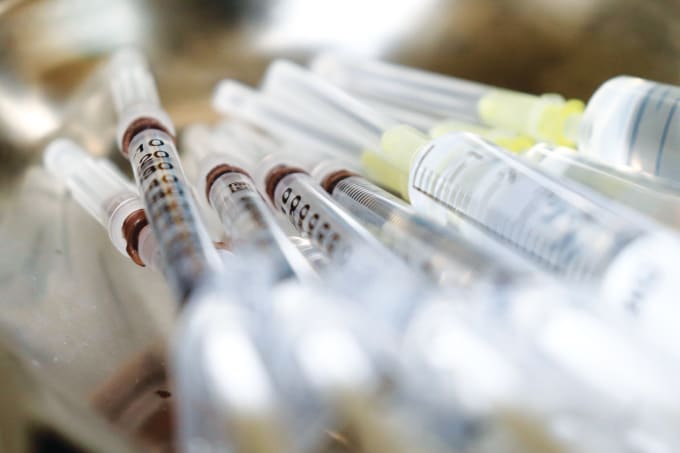Illegal drug use is on the rise and there is a need for new treatments that can break addiction, particularly cocaine use, for which there is no approved medication in the US. But perhaps drugs already in development could provide a helping hand. The key to the transition from recreational to compulsive drug user lies in the creation of long lasting memories and cues that become associated with the intense pleasure felt when taking the drug. This is especially true of cocaine, which produces its addictive effects partially by acting on the brain’s limbic system. For a number of years, researchers at Cardiff University in the UK have been studying the Ras-ERK signaling pathway – a neuronal cascade involved in learning and memory, and behavior plasticity – and its role in addiction. Previous animal studies from the researchers have shown that manipulating this signaling cascade can correspondingly change behavioral responses to both cocaine and morphine (1)(2)(3).
From there, the research team began to examine whether drugs already in clinical trials could potentially inhibit Ras-ERK signaling (4). “We tested a number of MEK and RAF inhibitors already in clinical trials for cancer therapy, but only one – the MEK inhibitor PD325901 from Pfizer – effectively and completely blocked Ras-ERK signaling in the nanomolar range,” says Riccardo Brambilla, lead author of the study and Professor of Neuroscience at Cardiff University. Brambilla and his collaborators are not just relying on drugs being developed by others; they have also devised cell-penetrating peptides that hold “interesting promises” for CNS drug development. Two of the molecules – RB1 and RB3 – could also block Ras-ERK signaling. “A single administration of both RB1/RB3 and PD325901 completely blocked expression of cocaine mediated conditioned place preference (CPP) in mice,” explains Brambilla. CPP occurs when a subject prefers a location that has previously been paired with something rewarding – in this instance, cocaine. Brambilla adds, “The memory associated with cocaine is likely to be entirely erased, since it cannot be recovered after three weeks from testing.” Next, the researchers are hoping to reach a deal with Pfizer to take PD325901 to clinical testing for cocaine addiction. “We also plan to evaluate the effectiveness of PD325901 and RB1/RB3 in blocking other drugs of abuse, especially legal drugs like nicotine and alcohol,” says Brambilla.
References
- C Mazzucchelli et al., “Knockout of ERK1 MAP kinase enhances synaptic plasticity in the striatum and facilitates striatal-mediated learning and memory”, Neuron 34, 807-820 (2002). PMID: 12062026. S Fasano et al., ‘’Ras-Guanine Nucleotide-Releasing Factor 1 (Ras-GRF1) Controls Activation of Extracellular Signal-Regulated Kinase (ERK) Signaling in the Striatum and Long-Term Behavioral Responses to Cocaine’’, Biol Psychiatry, 66, 758–768 (2009). PMID: 19446794. SM Ferguson et al., “Knockout of ERK1 enhances cocaine-evoked immediate early gene expression and behavioral plasticity”, 31, 2660-8 (2006). PMID: 16407894. A Papale at al., “Impairment of cocaine-mediated behaviours in mice by clinically relevant Ras-ERK inhibitors”, eLife, 5, e17111 (2016). PMID: 27557444.




